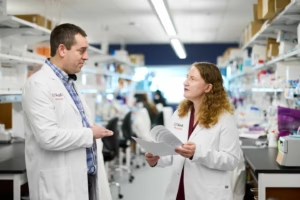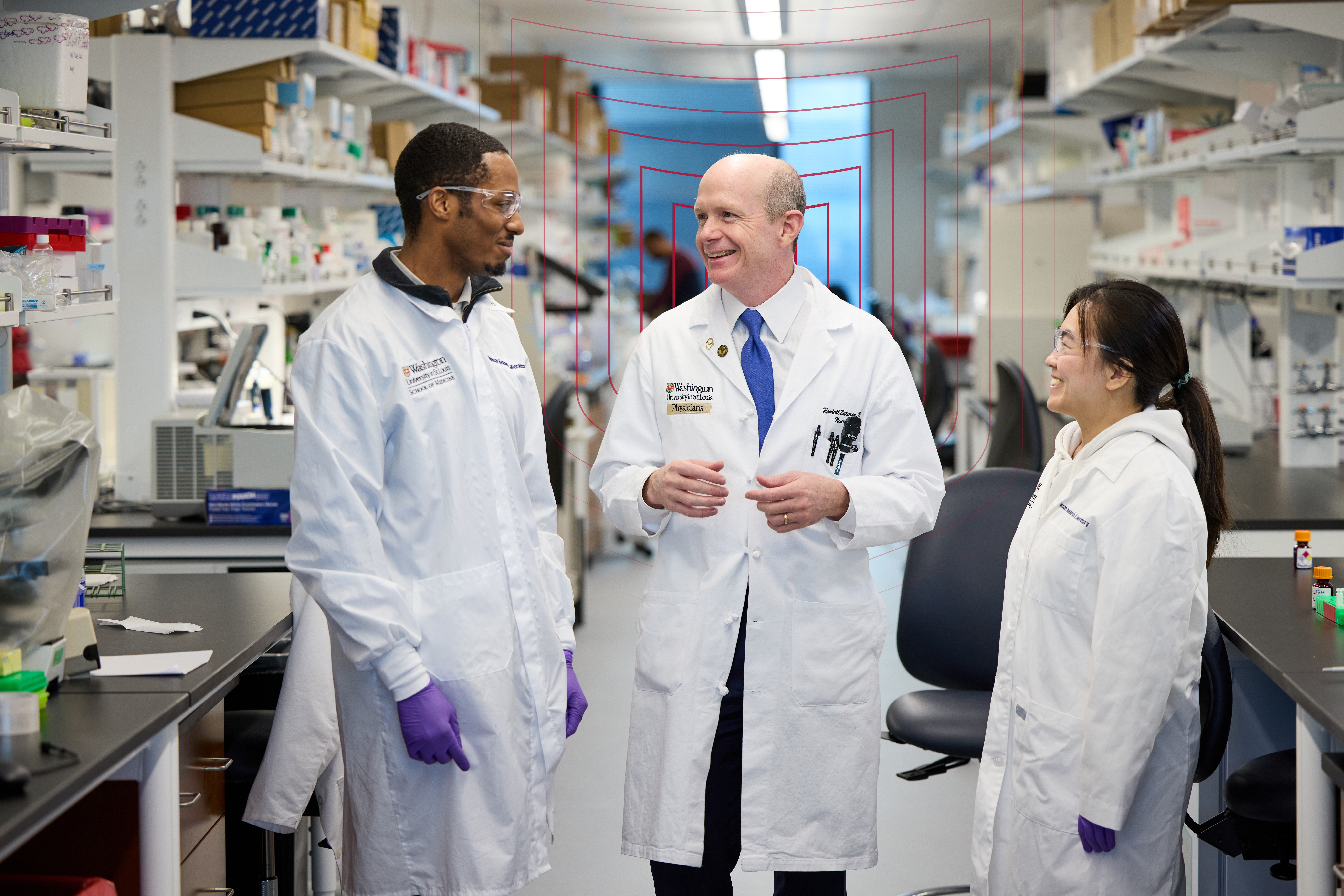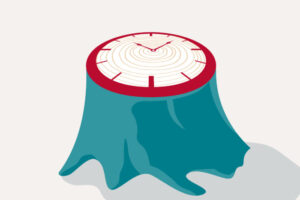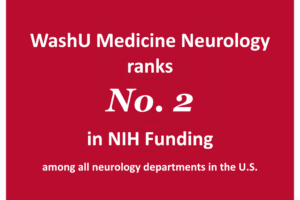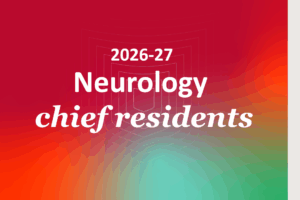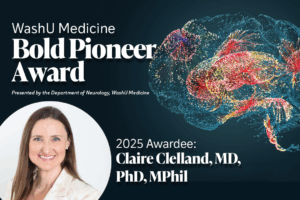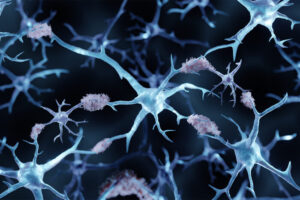Dallas Pierson has been dedicated to healthcare since the age of 14, developing a strong foundation rooted in compassion, discipline and service to others. Growing up in the field shaped Pierson’s work ethic early on and instilled a deep respect for responsibility, teamwork and continuous learning. Caring for others isn’t just what Pierson does – […]
Staff Spotlight Dallas Pierson

